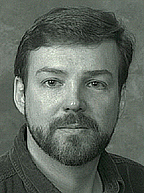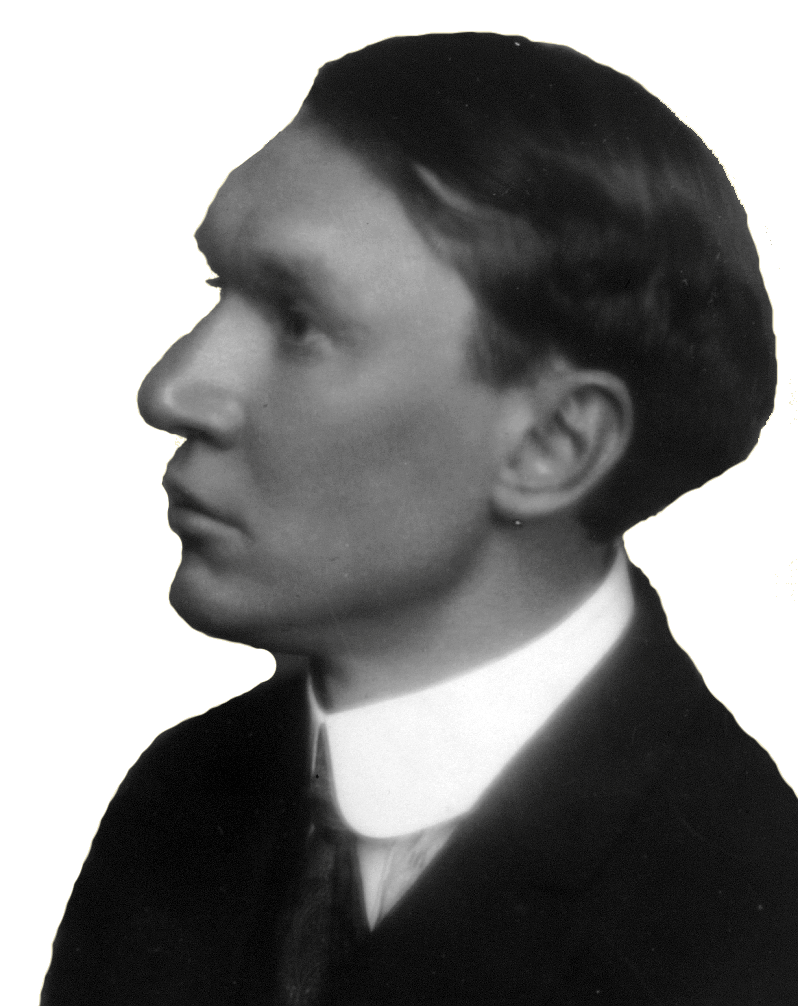|
||||||||||||||||||||||||||||||||||||||||
|
Writing in 1915, American poet and troubador Vachel Lindsay—author of "General William Booth Enters Heaven" and the well-meant but troubling "The Congo"—worried that too much low brow stuff would ruin the medium of motion pictures. It is possible for Los Angeles to lay hold of the motion picture as our national text-book in Art as Boston appropriated to herself the guardianship of the national text-books of Literature. If California has a shining soul, and not merely a golden body, let her forget her seventeen-year old melodramatics, and turn to her poets who understand the heart beneath the glory. Edwin Markham, the dean of American singers, Clark Aston Smith, the young star treader, George Sterling, that son of Ancient Merlin, have in their songs the seeds of better scenarios than California has sent us. . . .In the intervening years, Hollywood has continued to turn out plenty of melodramatics, but Hollywood films have often fed the soul of America, much as the performing poet Vachel Lindsey had hoped that they would when he assessed their power and offered them his challenge. |
|||||||||||||||||||||||||||||||||||||||
|
© 2000-2013 California Legacy Project, Santa Clara University English Department, Santa Clara University, 500 El Camino Real, Santa Clara, CA 95053.
For more information: Terry Beers, 408 554 4335, or . 



|
|

|








